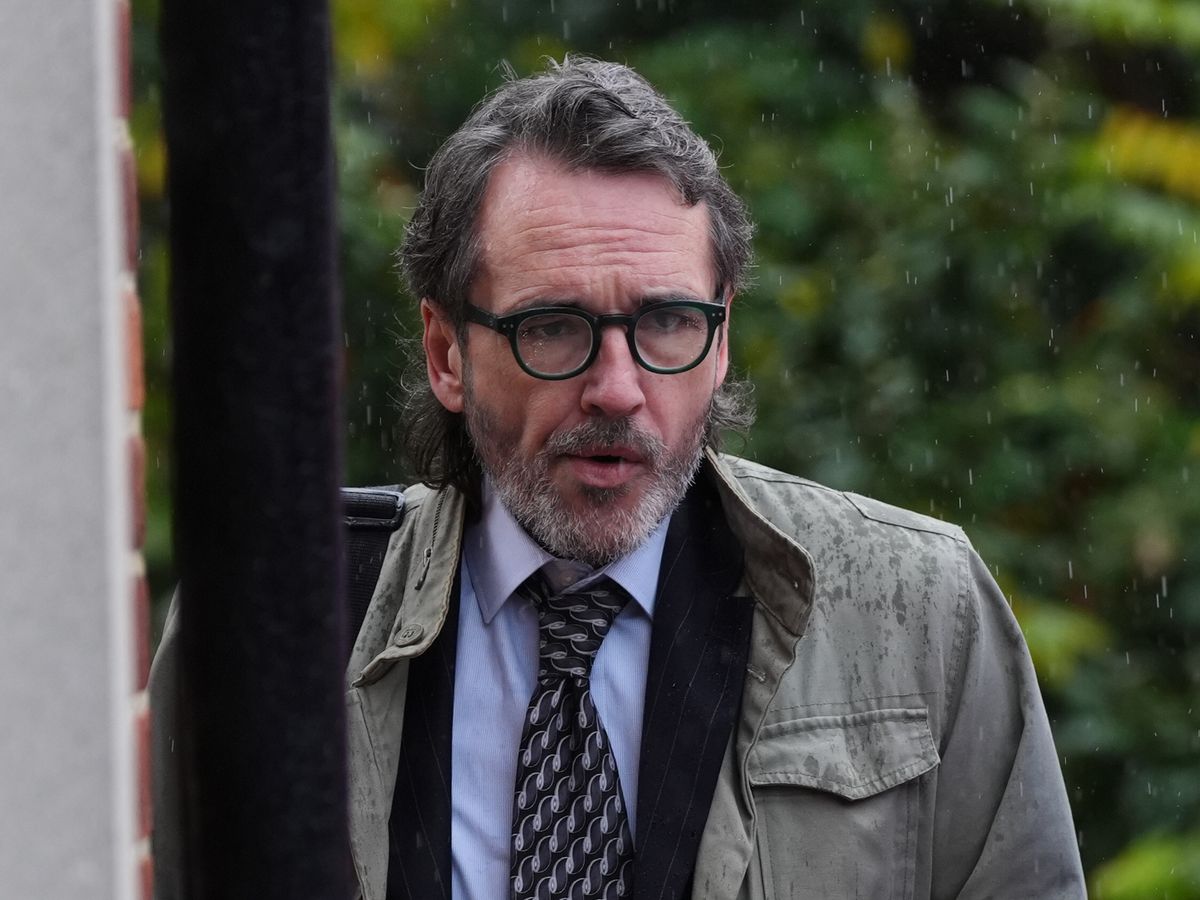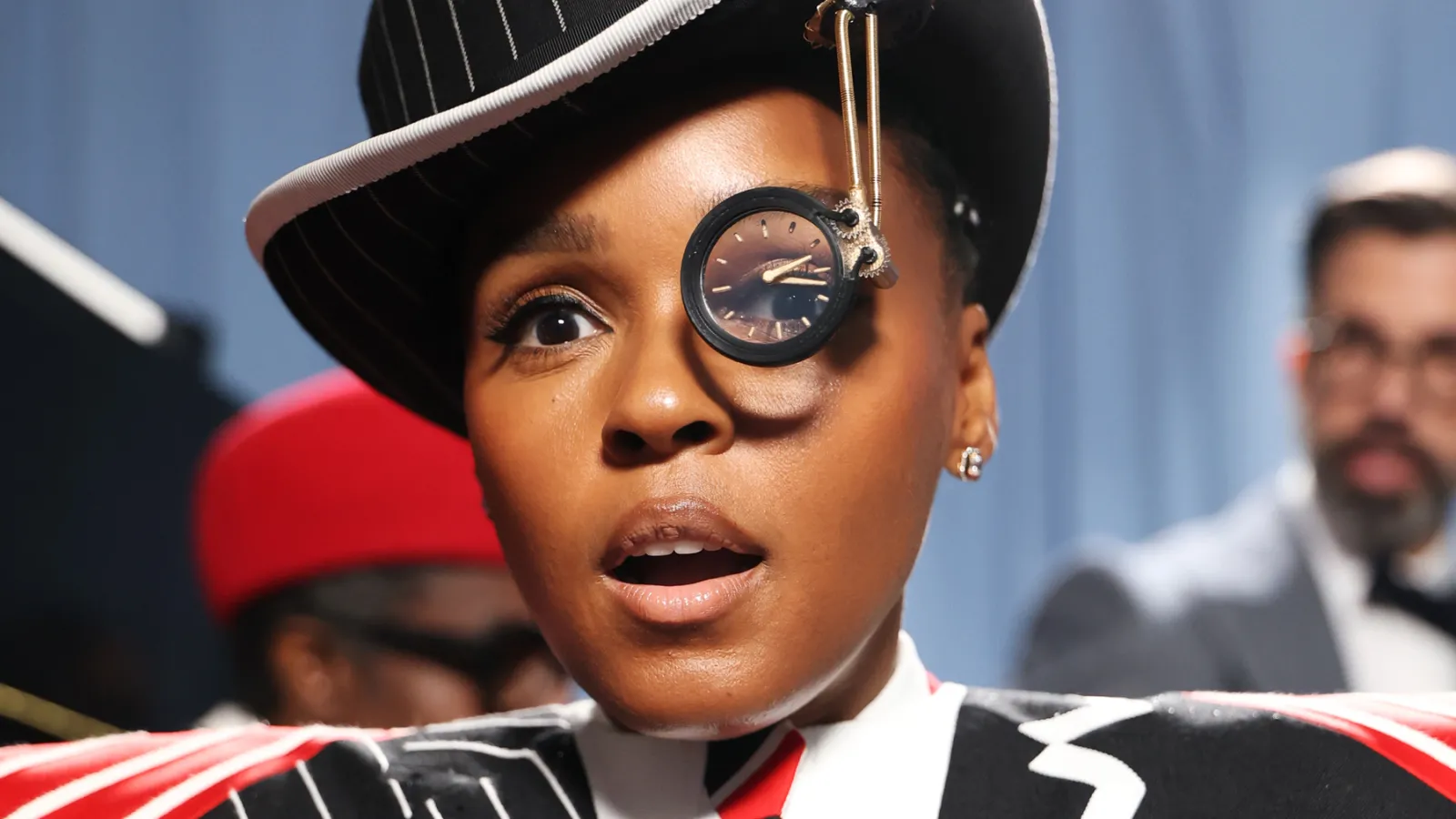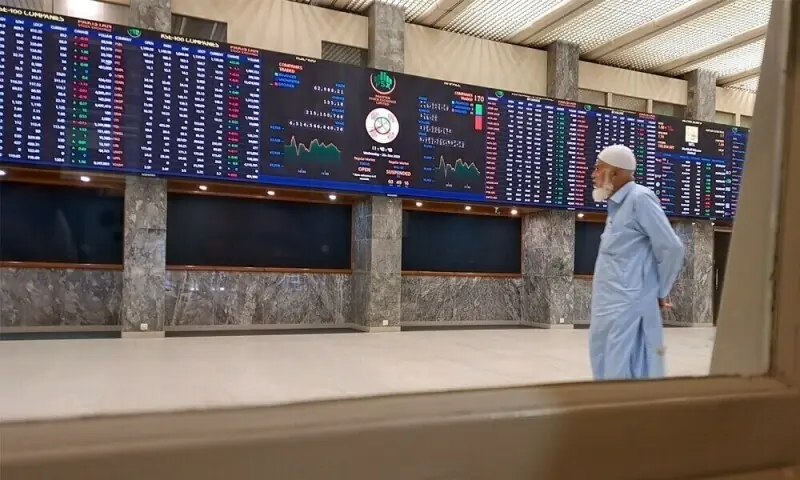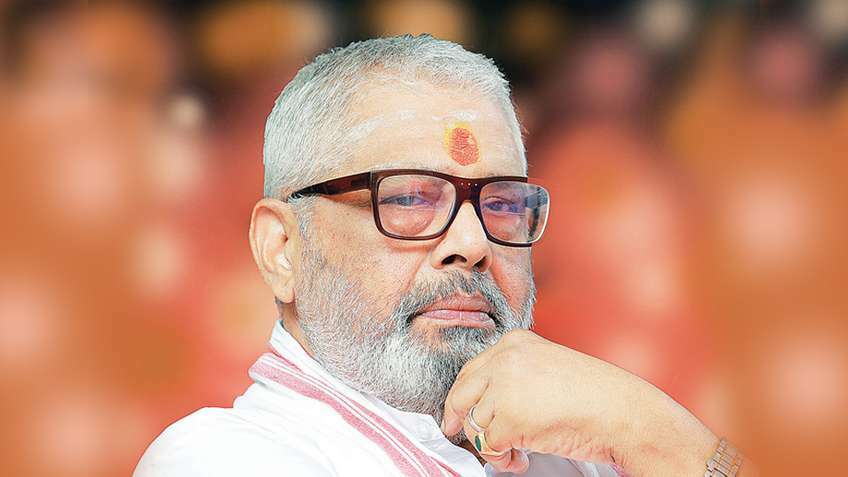Copyright bbc
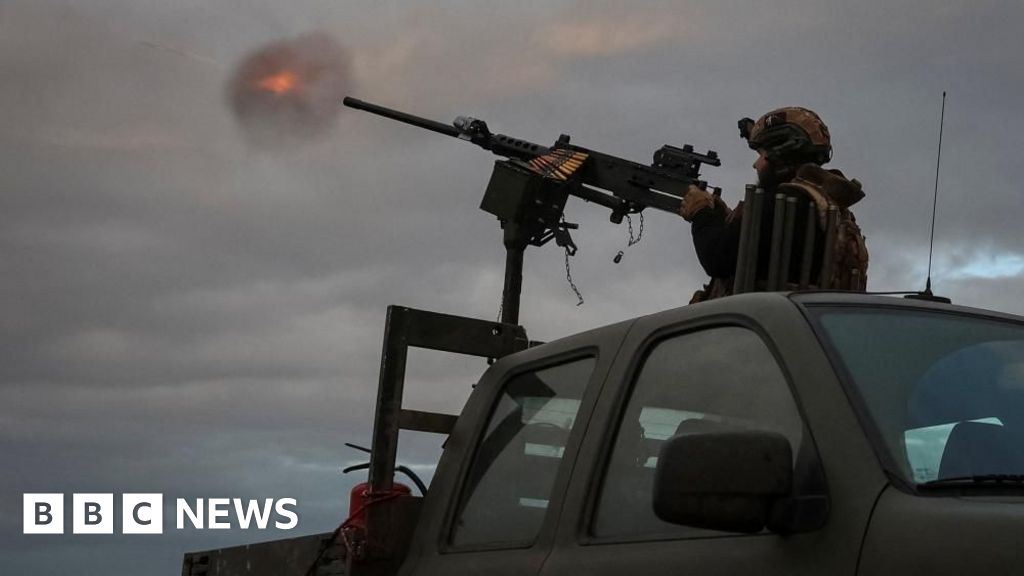
Trump, who later denied ever insisting that Zelensky surrender the Donbas, has since embraced the idea of a ceasefire on the current frontlines. "Let it be cut the way it is," he said on Monday, referring to the contested region. "It's cut up right now. I think 78% of the land is already taken by Russia... I said: cut and stop at the battle line. Go home. Stop fighting, stop killing people." But Moscow continues to dismiss talk of a front line freeze. Kremlin spokesperson Dmitry Peskov said the idea had been put to the Russians repeatedly but that "the consistency of Russia's position doesn't change" – referring to Moscow's insistence on the complete withdrawal of Ukrainian troops from the embattled eastern regions. Foreign Minister Sergei Lavrov repeated much the same lines on Tuesday. The "root causes of the conflict" needed to be addressed, Lavrov said, using Kremlin shorthand for a series of maximalist demands that include the recognition of full Russian sovereignty over the Donbas as well as the demilitarisation of Ukraine – a non-starter for Kyiv and its European partners. The Kremlin has played down expectations of an imminent meeting between Putin and Trump. "We cannot postpone what has not been finalised," Peskov said. Lavrov and US Secretary of State Marco Rubio were meant to meet this week to organise the summit, but no timings have yet been given. A potential meeting between Trump and Putin in Hungary would require at least one EU country to open its air space to the Russian leader's plane. Putin is subject to an international arrest warrant for war crimes, and Poland and Lithuania have already signalled they would execute it if he were to travel through their countries. Another route into Budapest for Putin would be through Bulgarian airspace. Foreign Minister Georg Georgiev hinted Bulgaria would be willing to let the plane through. "When efforts are made for peace, it is only logical that all sides contribute to making such a meeting possible," he said. Trump and Putin last met in Alaska in August during a hastily organised summit which yielded few results apart from bringing to an end Putin's status as a pariah of the West. For some time after the talks, Trump put forward the idea of organising a Putin-Zelensky bilateral summit. But Russia said such a meeting was contingent on the "root causes" of the war being addressed first, and the idea was eventually quietly shelved by all parties. Since starting his second term in office Trump has lamented that the Russian-Ukrainian war, now in its fourth year, is "difficult" to solve.
